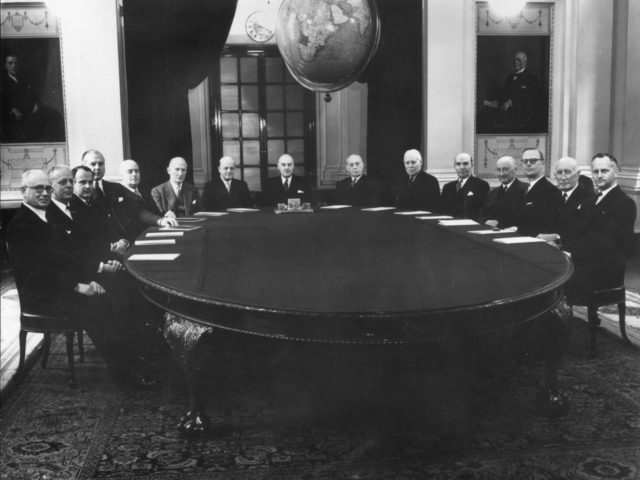Diversity can make teams more productive and creative.
But not if it is the gender, racial and age diversity celebrated by many colleges and businesses. Instead, what really counts is what social scientists call “cognitive diversity,” according to a new study published in the Harvard Business Review.
Alison Reynolds of U.K.’s Ashridge Business School and David Lewis of the London Business School tested conventional wisdom by asking small groups to tackle problems involving complex, uncertain and novel situations. To their surprise, they found that standard-issue race-sex-age diversity did nothing to aid in problem solving.
“Received wisdom is that the more diverse the teams in terms of age, ethnicity, and gender, the more creative and productive they are likely to be. But having run the execution exercise around the world more than 100 times over the last 12 years, we have found no correlation between this type of diversity and performance,” Business School professors Reynolds and Lewis write.
Groups that performed better were those composed of of people with a variety of ways to dealing with with new, uncertain, and complex situations. Cognitive diversity exists when members of a team have differences in how they process knowledge, generate new ideas, and regard the expertise of themselves and others.
Why does cognitive diversity work when race-sex-age diversity doesn’t?
“Tackling new challenges requires a balance between applying what we know and discovering what we don’t know that might be useful. It also requires individual application of specialized expertise and the ability to step back and look at the bigger picture,” Reynolds and Lewis write.
While some think that race-sex-age diversity can create or contribute to cognitive diversity, Reynolds and Lewis say this just isn’t true. There’s no correlation between race-sex-age diversity and cognitive diversity.
“These cognitive preferences are established when we are young. They are independent of our education, our culture, and other social conditioning,” they write. “Someone being from a different culture or of a different generation gives no clue as to how that person might process information, engage with, or respond to change.”

COMMENTS
Please let us know if you're having issues with commenting.